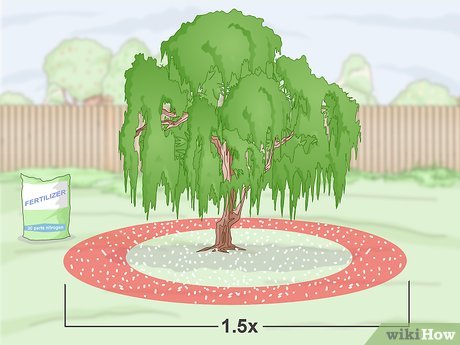In your Church like a barren fig tree? What kind of manure can you be? Can you dig around your community?
Third Sunday of Lent – March 23, 2025
Last week, the readings encouraged us to move beyond attachment to material things and look for higher “things.” St Paul encouraged us to focus on entering Heaven through our relationships. But what kind of relationships will create Heaven on earth?
In today’s Second Reading, St Paul continues to challenge the Corinthians to reflect on the Israelites who received so much from God to escape slavery. However, they died because they frequently complained and treated Moses badly. There was no appreciation or contribution.
Today’s readings teach us that Heaven is built up by developing a “cooperative” attitude. Cooperatives in Kenya are very well known: for tea and coffee producers, transport operators and small financial institutions (Sacco). A Coop only works when all the members contribute something, so that the Coop can generate rewards that are then shared by all the members.
By working together, the Coop members reduce their costs and increase their rewards. Likewise, a Heavenly community on earth requires each member to contribute something.
If people do not contribute, according to their capacity, then our Coop (community) becomes like a man with only one leg: we limp along slowly; when every step is difficult and tiring.
The background to the Gospel is a fascinating story (assuming that W. Barclay, 1975, has it right). About the time of the deaths related in the Gospel, Pilate was in serious trouble. He had decided rightly that Jerusalem needed an improved water supply. He proposed to build it using Temple monies: a justifiable expense. But the Jews were against the use of Temple monies. Mobs were organised and Pilate sent soldiers to mingle with them in disguise. They were instructed to use cudgels, not swords. But, when the signal was given, the soldiers did violence far beyond their instructions and a number of people were killed. It’s suggested that the tower in Siloam was part of the aqueducts, and the workers should have handed over the money they earned because it had already been stolen from God. “The Jews rigidly connected sin and suffering. But Jesus utterly denied it in the case of the individual.”
However, communal suffering, after turning away from God, is a frequent, recurring event throughout the Bible. Let us ask this challenging question: have we all embraced corruption, small and big, as a way of life in Kenya? Is this the cause of our communal suffering?
The water aqueduct project shared above is very interesting because in many developing nations the Church has invested “Temple monies” to alleviate water shortages for people, as well as education and medical care. Perhaps Pilate was a pioneer in how the Church can help society: not just by sharing the Good News, but also through actions that alleviate suffering.
Is the fig tree a symbol of many churches in our world today? The congregations grow smaller, the works of the Church reduce, and the poor (with their many faces) increase: materially, spiritually and morally. Are we heading towards another great Exile? Why are we no longer producing abundant fruit? Is it materialism leading people away? Is it our Church leaders?
- priests should be careful to practice what they preach. Are there priests doing business who fail to tithe, as they demand the people in the Church to do? Are Church leaders sufficiently accountable to the people of God? For example, annual reports on Family Day contributions?
Let us ask ourselves today: has the local Church turned inwards to focus on itself? Are we building beautiful churches, but failing to dig and manure our communities with programmes that invite people to participate in activities that alleviate the suffering of local people?
In contrast, many of the unchurched youth in the world are very active in environmental groups that try to save our world from exploitation at the expense of our health and future prosperity.
On a personal level, one form of digging and manuring to help us produce more fruit, is to be more kind and compassionate to our neighbours and even our work bosses.
- It’s very common for employees to request their boss for a day off to attend a funeral.
Such absences usually cause some difficulty for the boss. But usually they are generous. However, the question arises: do we, as employees, show generosity to our boss by coming early and staying late at work? Are we better at asking for extras than we are at giving extras?
What kind of manure are you? Can you lend your strength to dig around the fig tree of our community that is the Church. How can it reach out to the abandoned and suffering people in our communities: the single mums, the lonely elders, the students struggling for fees, and the youth who need skills. Can we share our knowledge about harmful issues, and lead others to work together to shut down immoral activities in our market places that lead our youth into pornography, drugs and other useless activities that destroy the safety of our communities?
By Gerard Conlan, OMI


